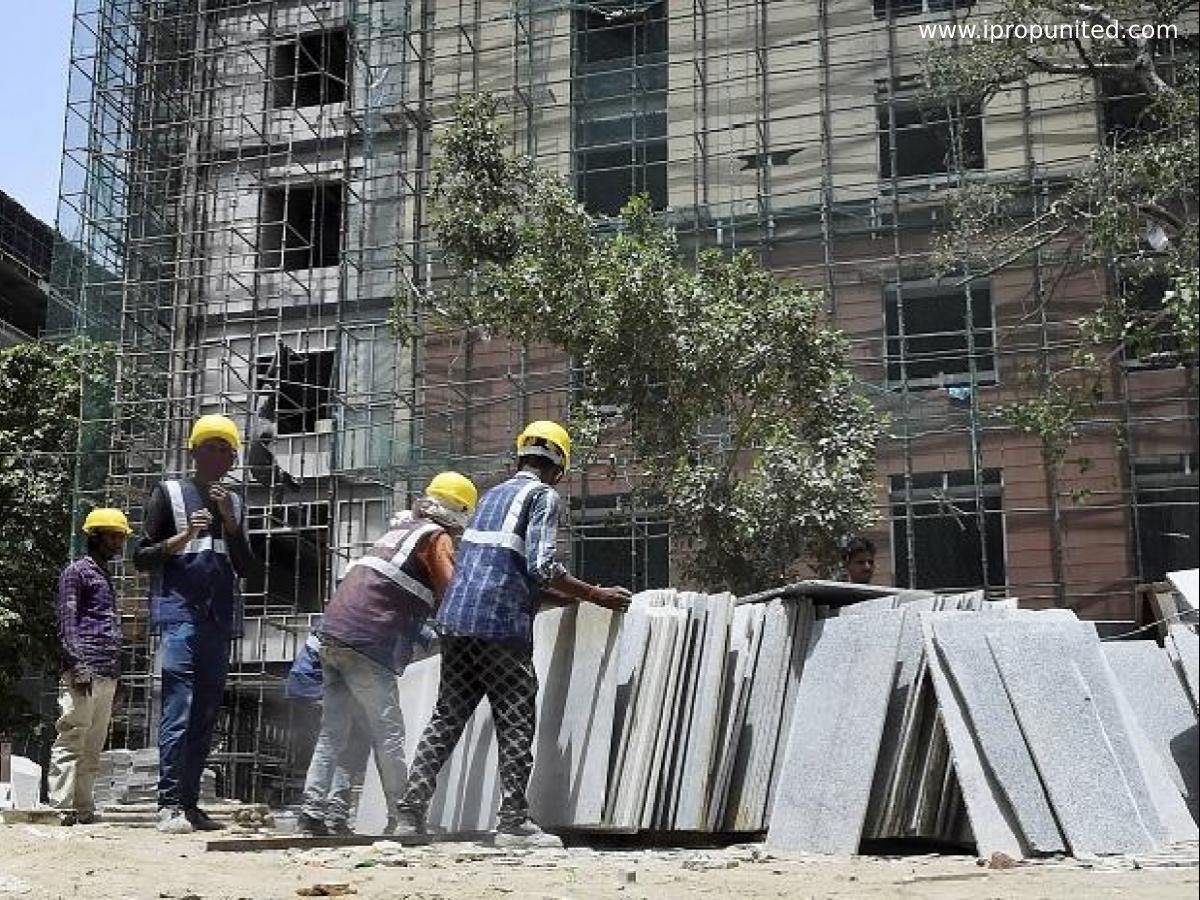Fines will be imposed between Rs 20,000 and Rs 5 lakh by the government on 31 RMC plants for not taking adequate measures to prevent dust pollution.

On Wednesday, Gopal Rai, Delhi Environment Minister said directions to stop work at six large construction and demolition and 11 ready-mix concrete plants in the city have been issued. Directions were issued because these sites were violating pollution Norms set by the government.
He said construction and demolition sites larger than 20,000 square meters must install anti-smog guns. He told the reporters that “There are 39 sites with a built-up area of 20,000 square meters. Six of these sites do not have anti-smog guns and have been told to stop work,”
These comprise the demolition locations of the National Buildings Construction Corporation at GPRA Netaji Nagar and GPRA Sarojini Nagar, the FICCI Auditorium, the demolition site of the Central Public Works Department at Kasturba Nagar, the construction sites of the CRPF Headquarters (CGO Complex), and GPRA Tyagraj Nagar.
Rai said, “I will visit these sites on Friday to ascertain why they have not installed anti-smog guns.”
Fines will be imposed between Rs 20,000 and Rs 5 lakh by the government on 31 RMC plants for not taking adequate measures to prevent dust pollution.
The minister said that because the violations were “serious”, eleven of these plants have been ordered to stop the ongoing work. He completed the statement by adding that to check violations of pollution norms the environment department has set up 14 inspection teams.
To check dust and pollution at construction and demolition sites Rai Rai also called for stricter enforcement of guidelines. He said, “This anti-dust campaign will continue in a mission mode till October 15 and strict action will be taken against the violators.”
Commencing October 15, stricter norms to compete against air pollution will also come into action in Delhi and its neighboring regions as an aspect of the Graded Response Action Plan (GRAP), which was primarily enforced in Delhi-NCR in 2017. Questioned about the real-time source apportionment research together performed by the city government and Washington University, the minister said a three-member council has been established to evaluate the report and the outcomes will be shared afterward.
These regulations include enhancing the frequency of bus and metro services, strolling parking prices, and avoiding the use of diesel generator sets when the condition of air turns poor. When the situation whirls “severe”, GRAP proposes the closure of brick kilns, stone crushers, and hot-mix plants, a sprinkling of water, regular mechanized cleaning of roads, and maximizing power production from natural gas.
The norms to be pursued in the “emergency” circumstance include halting the entry of trucks in Delhi, a ban on building activities, and beginning of the odd-even car-rationing strategy.







